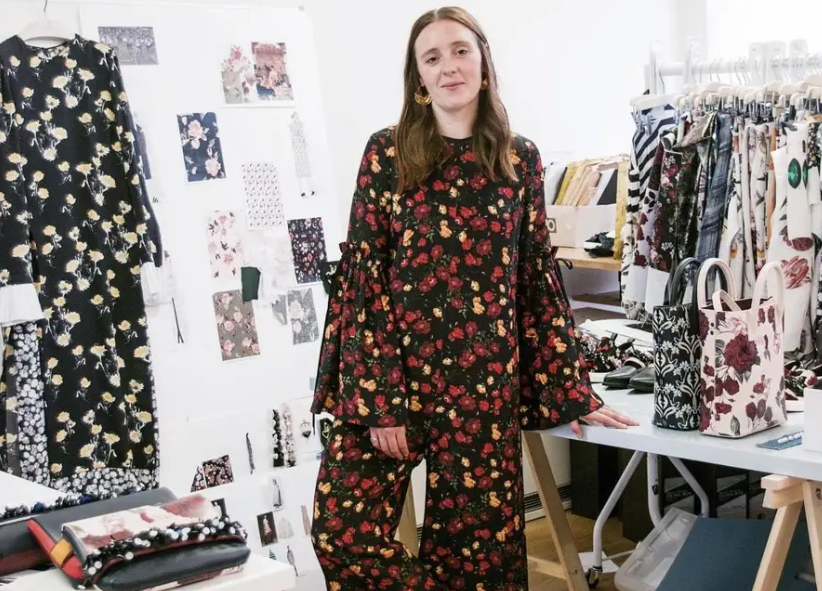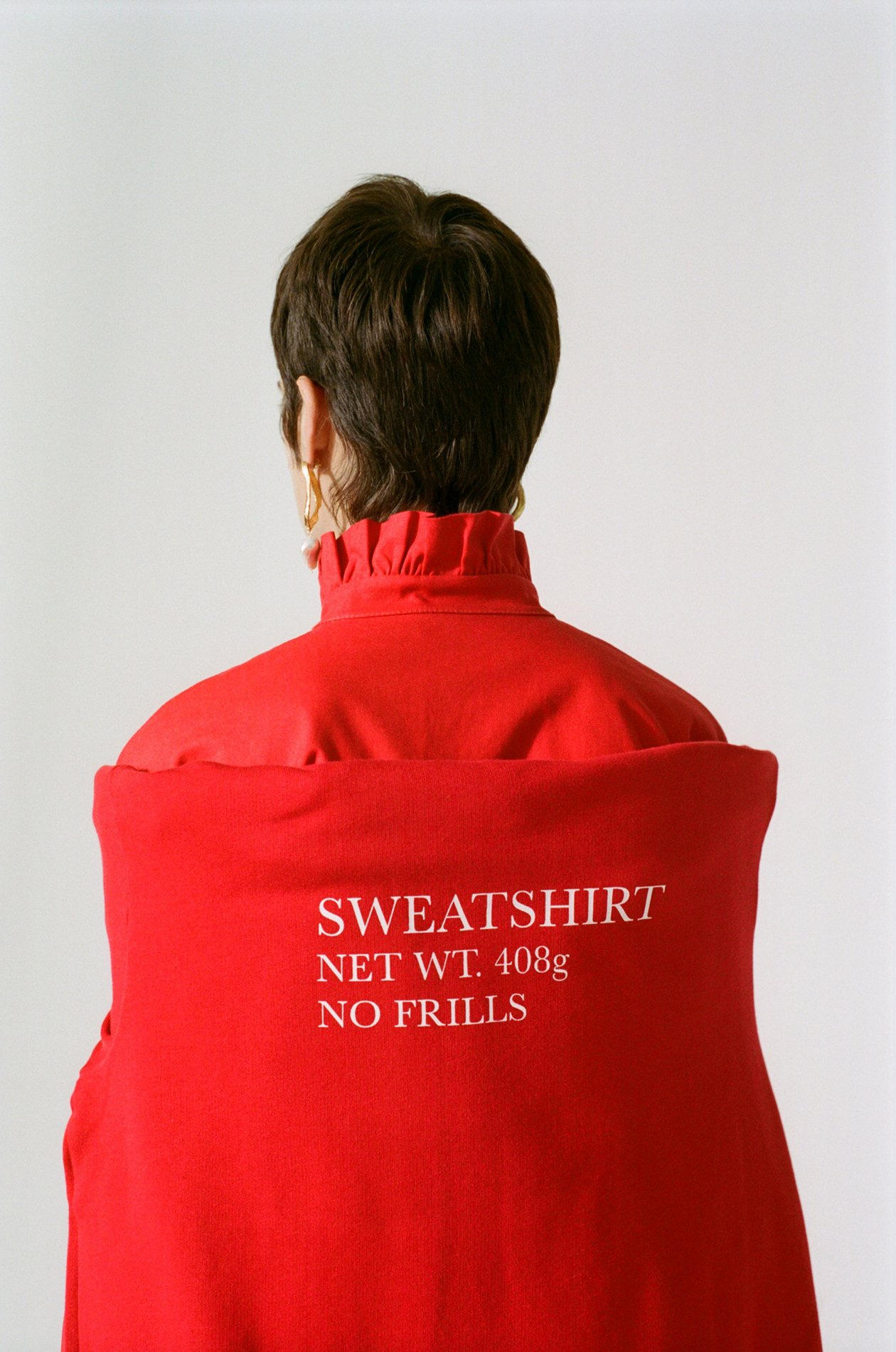Market & Brands
Podcast: Mother Of Pearl's Amy Powney, BBC Earth & #SustainableMe
Mother of Pearl is a British sustainable luxury womenswear and accessories brand that celebrates individuality and authenticity. The brand was established in 2002 by stylist Maia Norman, then wife of artist Damien Hurst. Amy Powney joined as a paid intern fresh out of fashion school 13 years ago. Nine years later she became creative director.
Today it’s known for its dark florals, satin bows, polka dots, ruffles and outsized faux-pearl trims - you could never accuse Mother of Pearl of being homespun or beige. Amy’s putting the glamour and fun into sustainable style, and it’s winning her accolades. In 2017, Mother of Pearl (along with Palmer Harding) won the British Fashion Council/Vogue Fashion Fund Award.
“It's movement building: that's the only way this is going to work... No one can do it on their own." - Amy Powney
Last year, Mother of Pearl Launched No Frills, “a core collection of wardrobe staples that is sustainable, organic, socially responsible, has low carbon emissions and has generally created the minimum impact on the planet.” Powney’s team spent a year researching how and where to product these garments with the shortest, most local supply chain possible. “Turning the design process on its head, we started not with design but with geography. A typical garment can travel to five countries before it reaches you, sometimes even 10.” Pieces in the resulting line, which includes denim, has been to no more than four countries. For knitwear, just one or two.
Amy’s message: Consider every purchase and love our choices. Buy quality and consume less. Recycle and repurpose.

The 5 quotes Clare reads back to Amy
- “Sustainability is not a simple term - it’s a mindset, a culture, a lifestyle, and one that is accessible to all.”
- “Small things by all are greater than one person’s individual fight.”
- “Sustainability has always been a passion of mine since growing up off-grid.”
- “The lengths we’ve gone to at Mother of Pearl are just the beginnings of what I hope to be a global change, that I would like to be a part of, along with you.”
- “In my opinion it is not the consumer’s duty to worry about the supply chain.”
What we talk about...
London Fashion Week Autumn/Winter ‘19/20
This season, Mother of Pearl did a presentation, organised a day of talks, and launched a film. Phew.
In her speech officially opening London fashion week, BFC chairman Stephanie Phair celebrated this, as she outlined the three pillars of the council’s Positive Fashion initiative: Sustainability, Equality and Diversity, and Craftsmanship and Community. Phair said, “This fashion week we are excited to back a partnership between BBC Earth –responsible for Blue Planet - and Mother of Pearl designer Amy Powney that highlights to consumers the importance of sustainability through mindful consumerism.” The film launched at a swank reception at Spencer house, attended by Adwoa Aboah and Anna Wintour.
The talk series ran during the BFC’s new consumer runway event. Speakers included Frances Corner, founder of the Centre for Sustainable fashion at LCF; designers Christopher Raeburn and Teatum Jones, and Francois Souchet from the Ellen MacArthur Foundation. (Yes, they’ve all featured on the podcast! Listen via the links above).
Kwik Save
Kwik Save is a cut-price British supermarket that went bust in 2007 (and was subsequently revived). In the 90s they launched the original own-brand, cheap line that kept prices low by eschewing flashy marketing and branding.

You could buy a can of No Frills beans for way less than the Heinz ones but they were basically the same thing. No Frills started the affordable home-brand revolution - it was the one everyone copied. [Never thought I’d be writing about Kwik Save - the Ed.]
Ingredients
The MoP website lists sustainability attributes alongside size and garment type. Things like “organic”, or “natural fibres” or “responsible use of water”.
Certification
Mother of Pearl works with Nordic Swan and GOTS on the traceable No Frills line. These certifications provide peace of mind for the small to medium fashion business that can’t afford, or logistically manage, to do their own audits, says Amy. As well as the eco cred, they ensure workers in the supply chain have been treated ethically.
This is a slightly edited version of a piece first published on Wardrobe Crisis as part of Clare Press' weekly podcast series.
